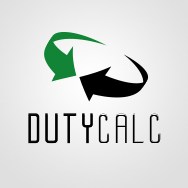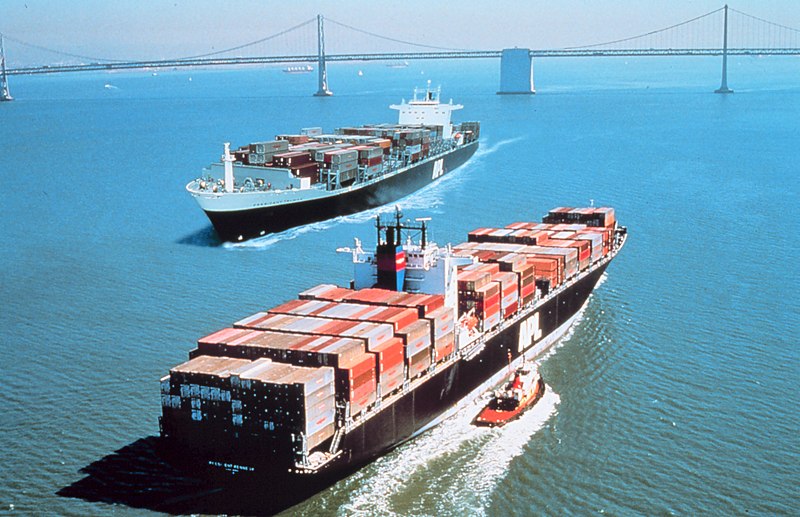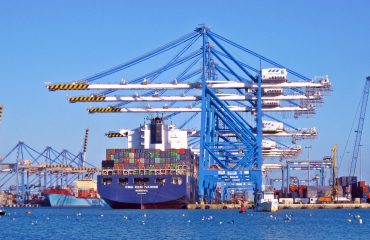Global Trade Policies
The Impact of Import and Export Industry
Duty Drawback Software | Import Export Consulting | Processing Filing | Full Service
What is Drawback
Changes in trade policies, tariffs, and trade agreements significantly impact the import and export industry by altering market dynamics, affecting supply chains, and influencing the competitiveness of businesses.
Trade Policies and Tariffs: Trade policies, including tariffs, are tools used by governments to control the flow of goods and services across borders. When tariffs are increased, the cost of importing goods rises, leading to higher prices for consumers and businesses. This can reduce the volume of imports as domestic consumers seek cheaper local alternatives. Conversely, reducing tariffs can make imported goods more affordable, increasing their demand. For instance, the trade war between the U.S. and China saw both countries imposing high tariffs on each other’s goods, which disrupted supply chains, increased costs for manufacturers and consumers, and led to shifts in sourcing strategies to mitigate the impact.
Trade Agreements: Trade agreements like the USMCA (United States-Mexico-Canada Agreement), which replaced NAFTA (North American Free Trade Agreement), aim to facilitate trade by reducing barriers such as tariffs and quotas. The USMCA introduced changes that affect various industries, such as automotive, dairy, and digital trade. For example, it raised the threshold for tariff-free car exports, incentivizing manufacturers to produce more within the agreement’s member countries. This helps stabilize supply chains and ensures consistent market access.
Brexit: The United Kingdom’s exit from the European Union, commonly known as Brexit, has had profound implications for trade. The reintroduction of customs checks and regulatory divergence created new challenges for businesses engaged in UK-EU trade. This led to increased administrative burdens and delays at borders, affecting the efficiency of supply chains. Companies had to adapt by finding new suppliers, altering logistics strategies, and navigating the complexities of new trade regulations to maintain their competitiveness in both markets.
US-China Trade Relations: Recent changes in US-China trade relations, marked by a series of tariffs and trade negotiations, have compelled businesses to reevaluate their dependence on Chinese manufacturing. This has accelerated the trend of diversifying supply chains, with some companies moving production to other countries in Asia or reshoring to the U.S. This shift aims to reduce risks associated with geopolitical tensions and trade policy unpredictability.
Changes in trade policies, tariffs, and trade agreements play a critical role in shaping the import and export industry. They influence the cost of goods, supply chain strategies, and the overall competitive landscape. Businesses must stay agile and responsive to these changes to navigate the complexities of international trade effectively.




